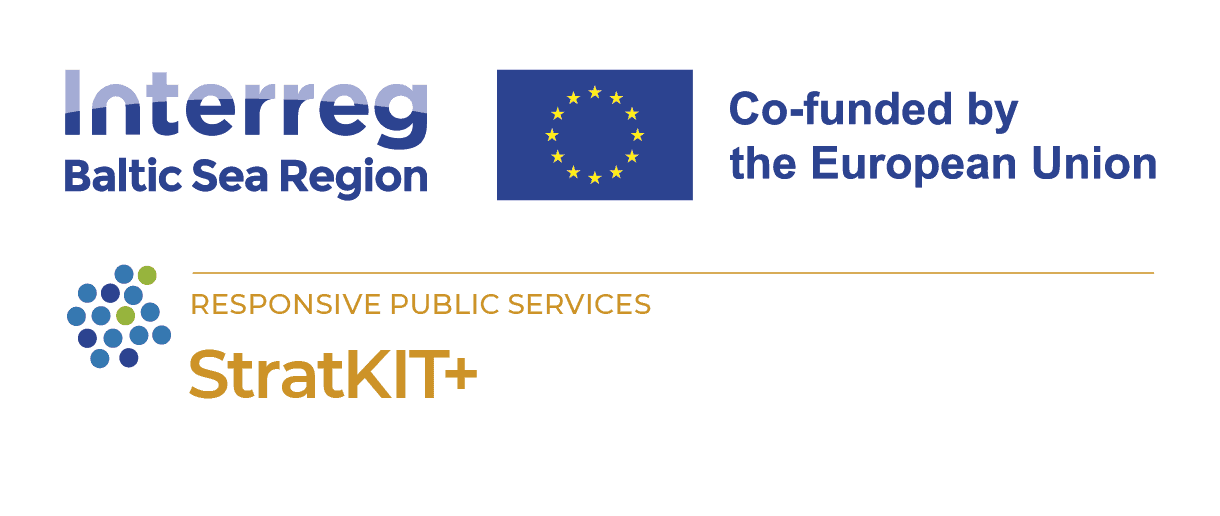
Practical testing of the tool “Lectures on benefits of organic food” by Södertälje Municipality, Sweden
10 January 2024
Below you can read more on how Södertälje Municipality adapted and implemented the tool in their local school in March 2023. Review is provided by Maria Micha, project coordinator in Södertälje Municipality.
How was the tool implemented in Södertälje?
Parents of two parallel grade 1 pupils were invited through the headmaster and their teachers to take part in a workshop to cook and eat a typical school meal according to Diet for a Green Planet.
The purpose of the workshop was introduced: to inspire parents and children to prepare and eat healthy and sustainably produced food and for parents to get familiar with the food served in school and the philosophy behind it. The introduction to the workshop focused on explaining the meal concept Diet for a Green Planet in simple, accessible terms, and the Food Policy of Södertälje municipality. The headmaster, the head of the Diet Unit as well as the head of the kitchen at this school all contributed to this introduction.
Children were divided into groups of 4-5, each with a chef from the Diet Unit, and directed to six stations located in the two dining rooms. They were equipped with aprons and caps, and with the guidance of the chefs prepared a buffet of cold dishes based on selected Swedish vegetables and legumes in season that are used daily in the school lunch.
Other kitchen staff prepared hot dishes in the kitchen: a soup, a main course, and a vegetarian dish.
The children got to present the food they had prepared, the hot dishes were presented as well, and the workshop was concluded with a joint dinner for children, caretakers, and staff. The parents and children also got a round tour of the kitchen which was highly appreciated.
Do you think the tool would be useful in your organisation and local community when developing the sustainability of public meals?
We found the tool in this adapted form to be very useful and would like to have it permanently implemented. Part of its usefulness is the possibility to communicate in a very practical way what a school lunch is like, why the municipality serves particular food items, such as organic and locally produced products, and strives to substitute imported items and prepare culturally appropriate food (e.g. middle-east dishes) from locally produced ingredients. This is a positive way to increase parents’ acceptance, and maybe inspire their cooking at home. The children were visibly proud, and we believe it to be very positive to involve them in the preparation and hopefully inspire them to try new dishes. We also think the communication between a parent and a child regarding the school meals can be improved this way. Engaging the headmaster also had positive effect, that of involving the school leadership in the food served, to give further weight and importance to the school meals, and to strengthen relationships between all participants. The kitchen staff was initially less enthusiastic about adding work time in the afternoon/evening to their schedule, but after the workshop they were very happy about the outcome and felt it well worth the effort. Another very valuable effect of the workshop was that the children and kitchen staff met and got to know each other better. Building these relationships is very important to increase trust and acceptance for the food served, and it also contributes to a friendlier environment.
To get this tool implemented continuously requires dedication from each school’s headmaster and the kitchen’s head chef, as well as collaboration between them. It also requires developing routines to make it workable for kitchen staff. We have an idea of further increasing the value of this workshop by connecting it with a research-led initiative aimed at all first graders and their parents teaching about health and the importance of physical activity. However, the decision to make the implementation of this tool permanent is only partly within the Diet Unit’s mandate.
You did some modifications to the tool before implementing it – do you think the tool would require some changes?
Our local adaptation of the tool differs quite a lot from the original description. We do not have suggestions to modify the original tool, but rather would encourage potential users to adapt the tool to their circumstances, needs and goals, and make it appropriate for their stakeholders.
Who do you think would benefit the most from this tool?
Public meal providers including procurement, schools looking to increase interest and engagement of pupils and parents, policymakers interested in reaching targets for organic production and consumption, organic food value chain actors.
If you would like to know more about the implementation of the tool, please contact:
Maria Micha, project coordinator in Södertälje Municipality
maria.micha@sodertalje.se
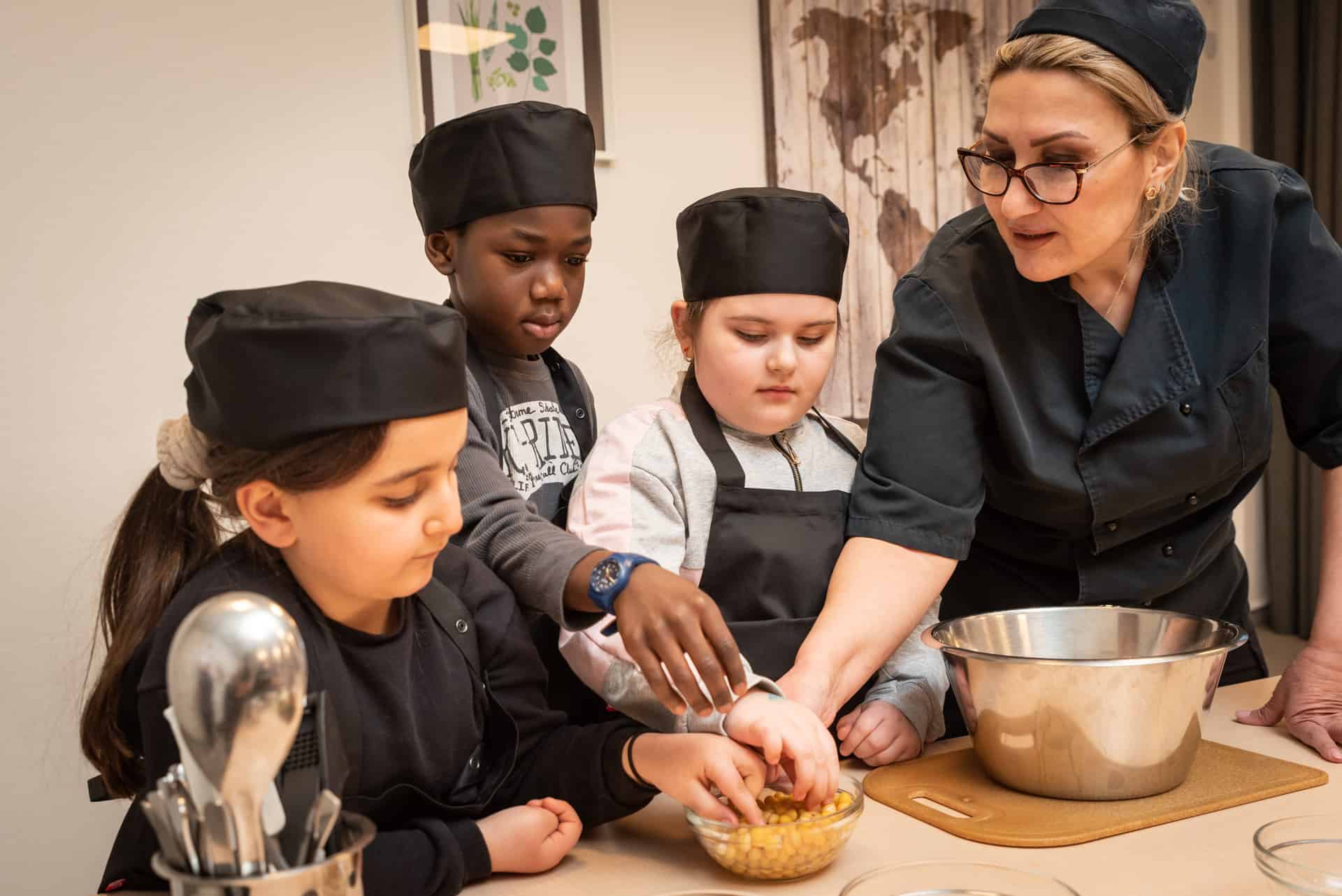
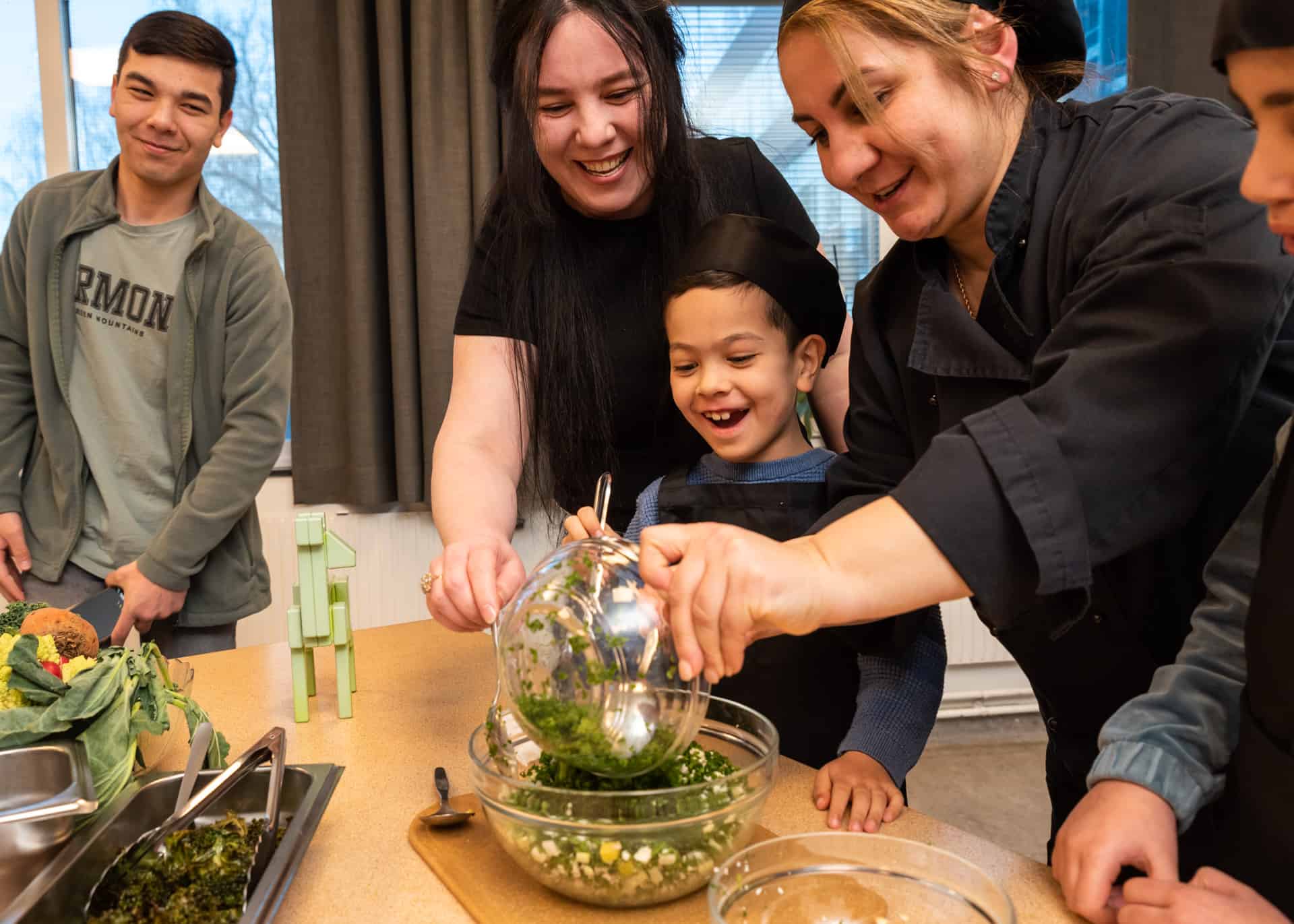
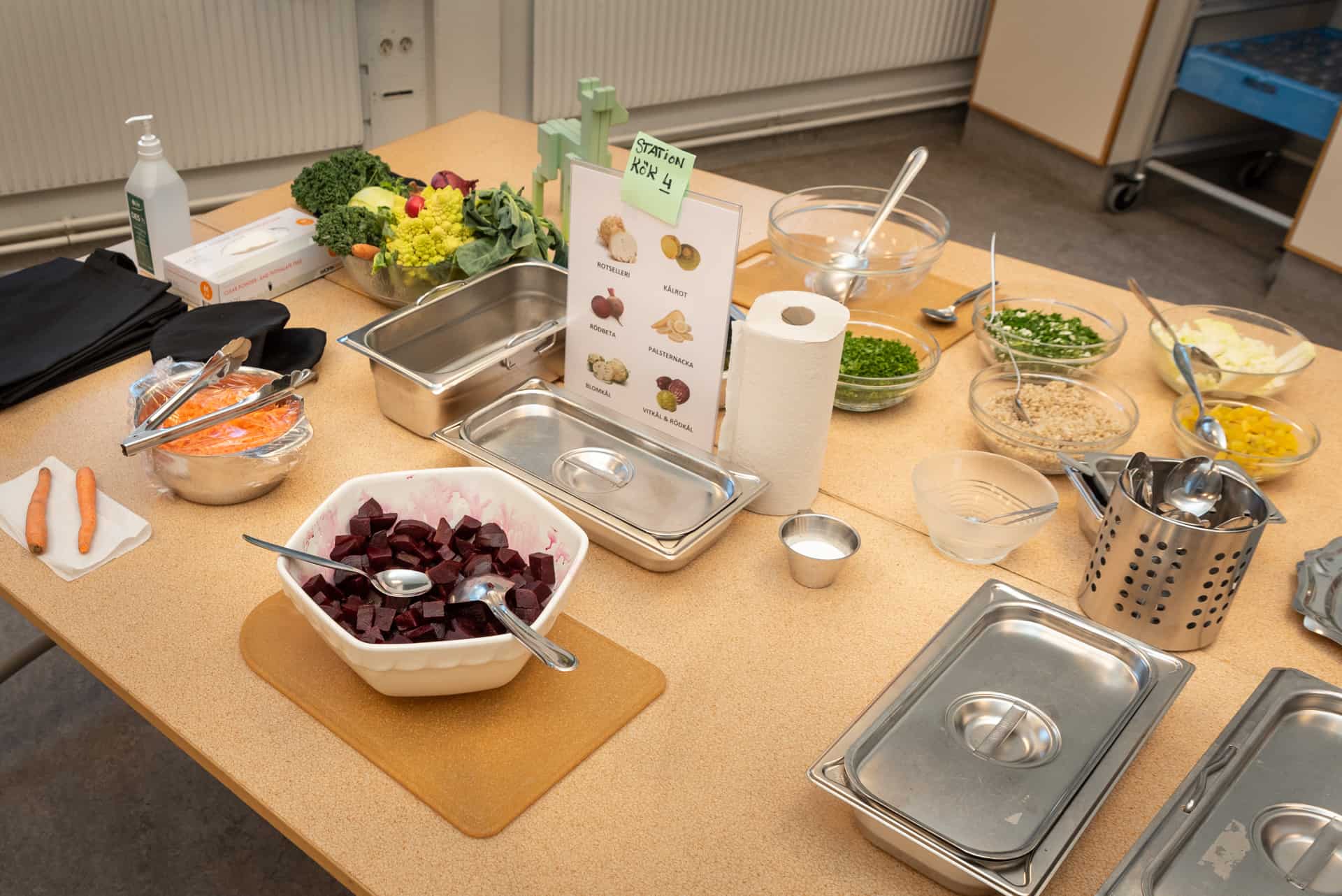
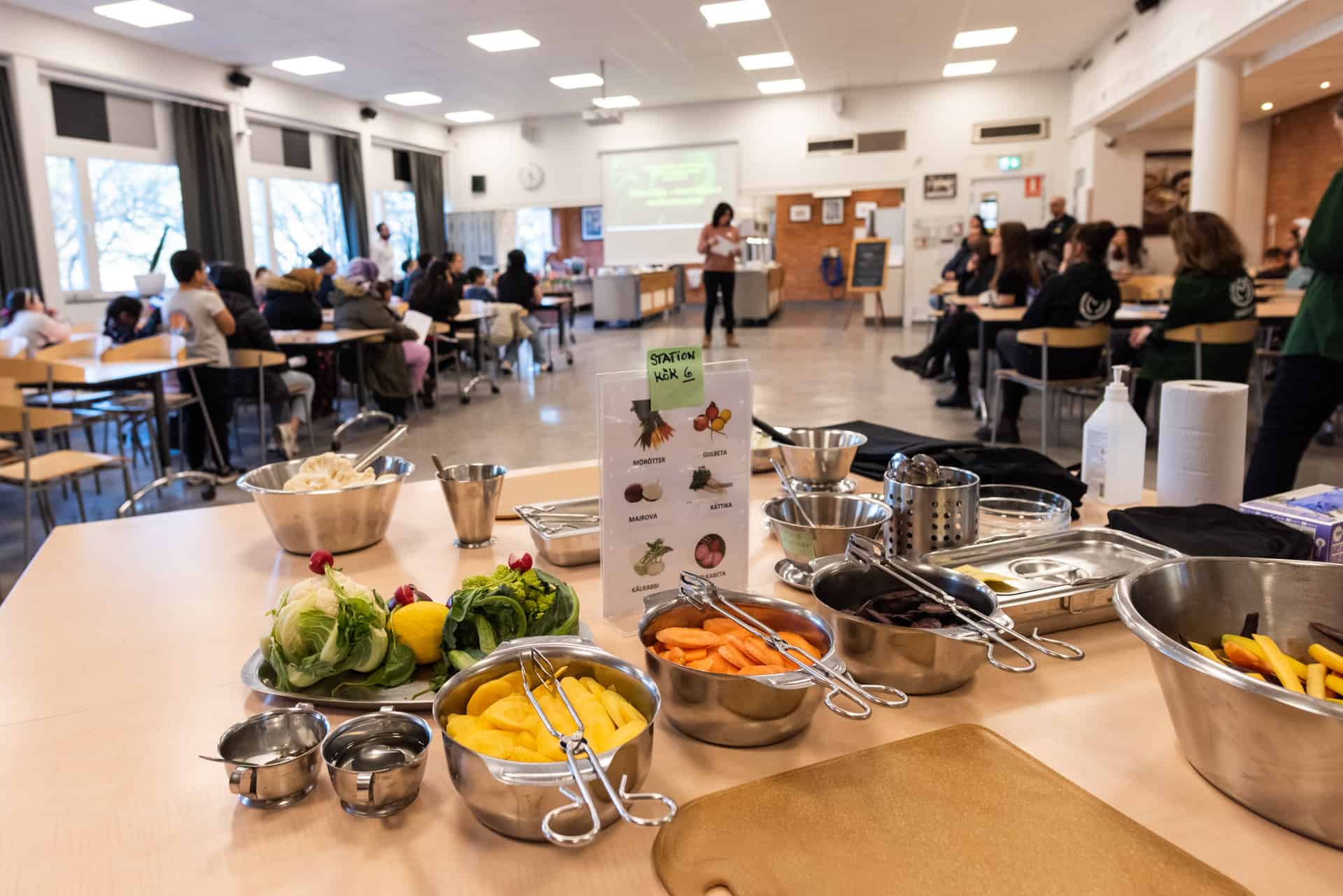
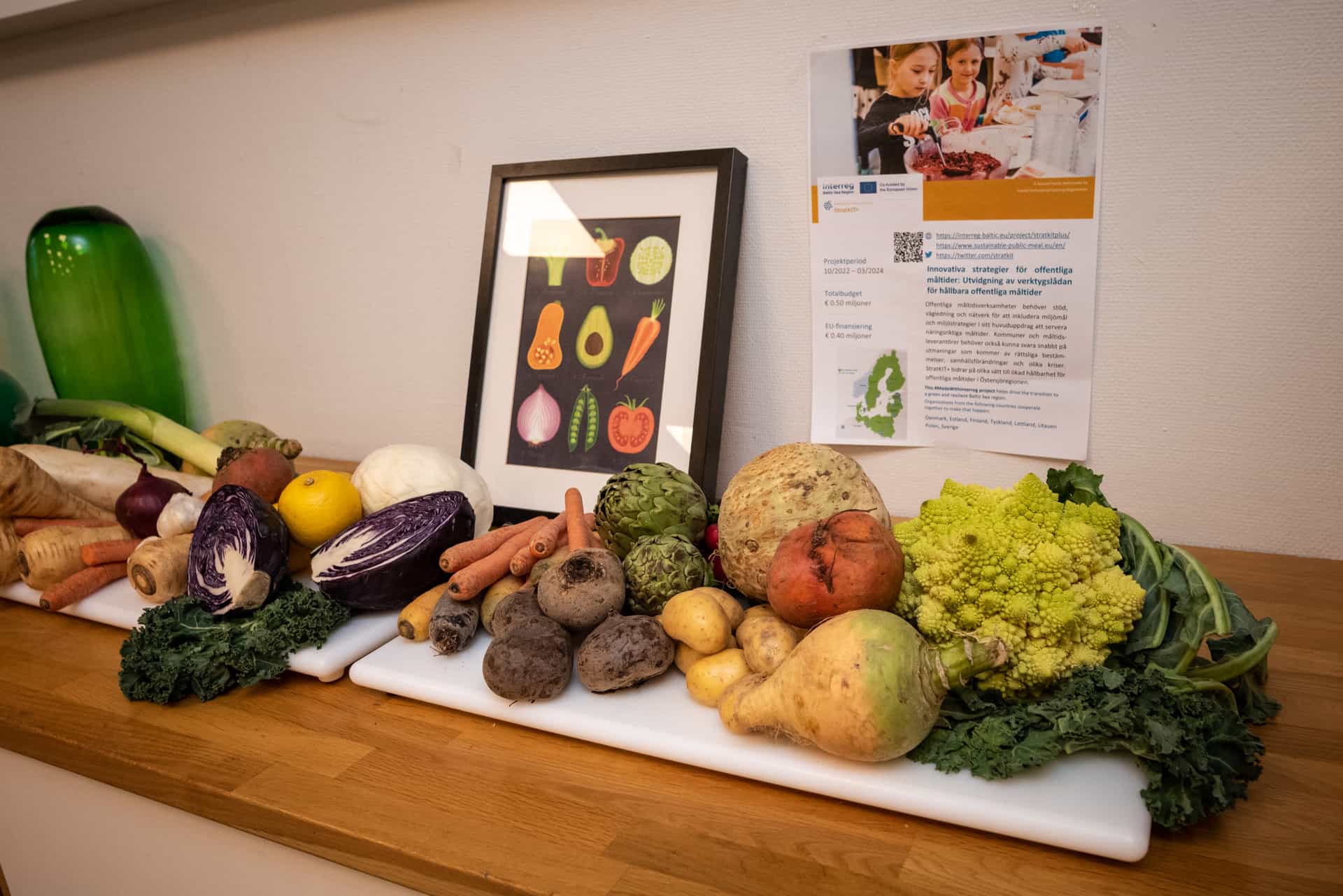
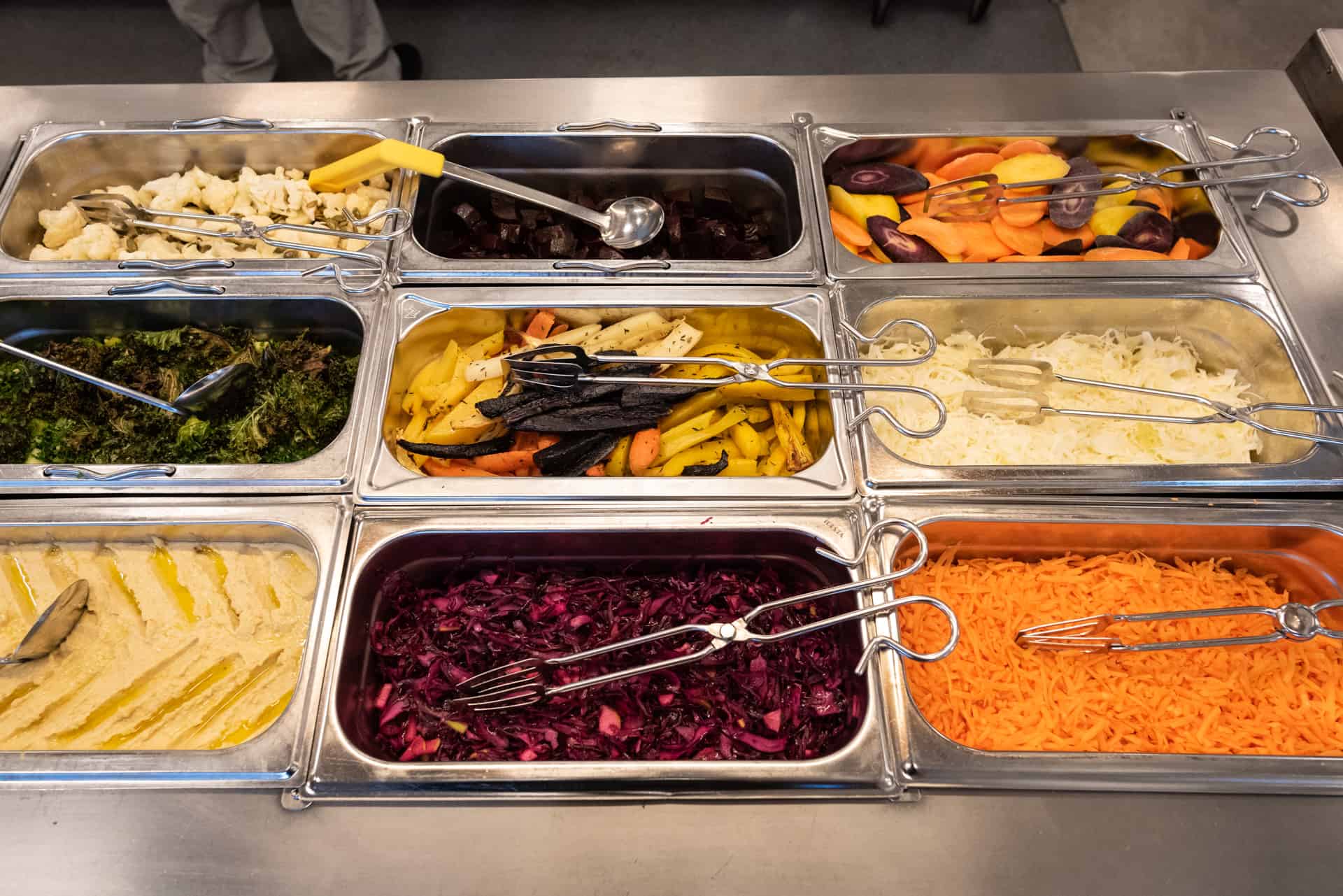
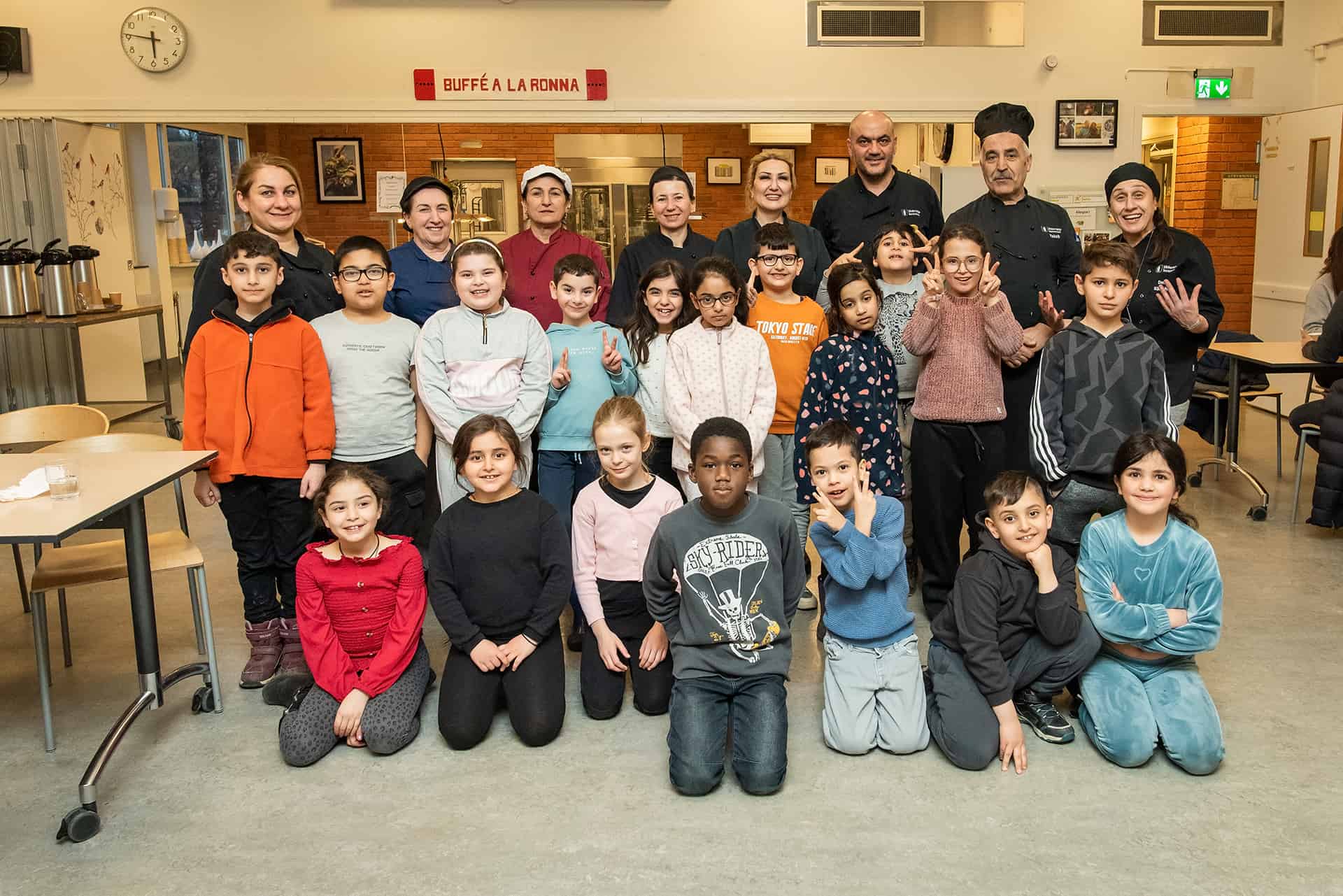
Interactive map showing pilot locations. Use the arrow keys to move the map view and the zoom controls to zoom in or out. Press the Tab key to navigate between markers. Press Enter or click a marker to view pilot project details.





